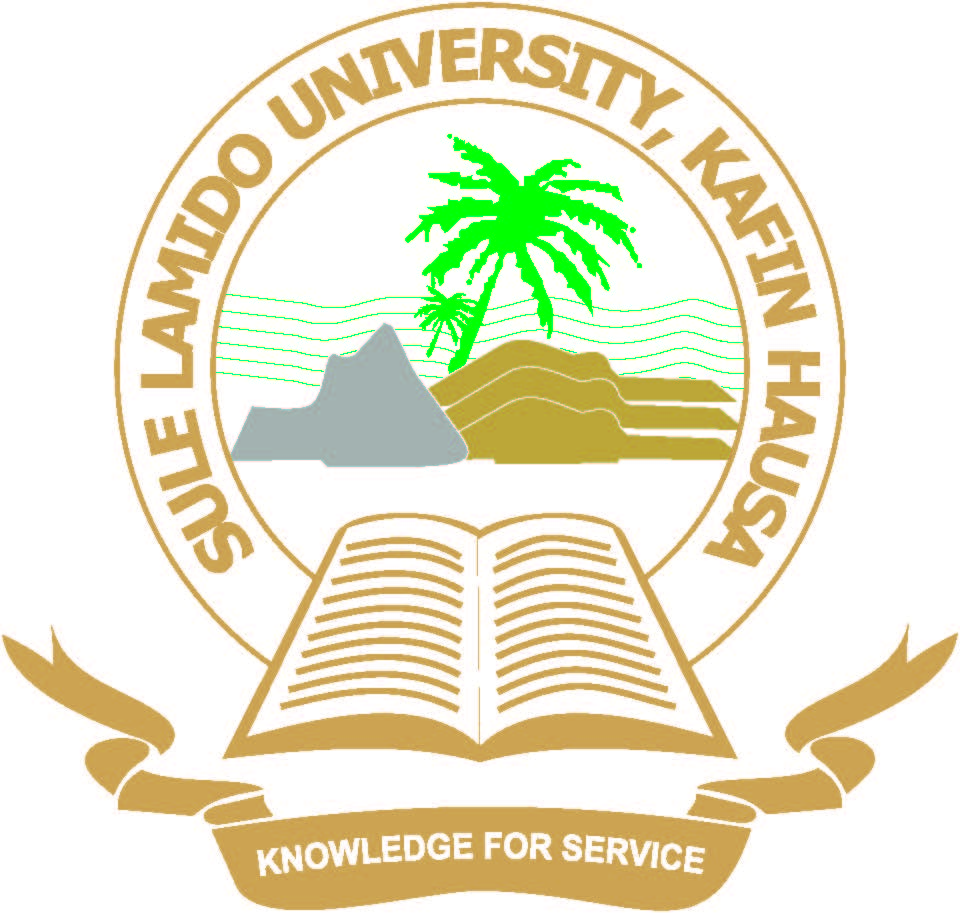TETFund discontinues use of vendors for training programmes


The Tertiary Education Trust Fund (TETFund) stated that one of the measures it implemented was to remove the use of vendors and contracts in its academic and professional staff training programmes.
Contracts were no longer employed for the agency’s content-based interventions, save for infrastructure projects that required the procurement of materials, tools, laboratory equipment, and other items.
Sonny Echono, Executive Secretary of TETFund, disclosed this in an interview with journalists on the sidelines of the 2nd Registrars’ Workshop and 75th Business Meeting of the Association of Registrars of Nigerian Universities (ARNU) in Abuja.
Echono’s reaction followed charges by an online news outlet that TETFund issued N7.6 billion in questionable contracts in two months, saying that the agency went above its scope in carrying out capacity building initiatives in its beneficiary institutions.
However, the TETFund head went on to explain that the agency has been using Memoranda of Understanding (MoUs) to conduct academic and professional staff training since 2016.
Echono went on to say, “We do not use contracts, we have eliminated the use of vendors; we do serious academic and professional training.”We sponsor people for postdoc, bench work, and even academic degrees (master’s and PhDs), as well as professional qualifications and ICT certification that will boost employability.
“So when detractors try to say things like these, they’re calling it contracts, because they are trying to criminalise when they knew for example, that contracts you cannot pay more than 30% as advanced payments.”
He stated that one of the recent Memorandums of Understanding with CAMPUS France, which controls about 29 universities, reduced tuition costs for Nigerian scholars by 20%. He said that formerly, Nigerian institutions that patronised foreign institutions paid regular fees, but now they pay 20% less, and that these MoUs save Nigeria billions of dollars.
Echono added that in the case of the Federation of African Research Association (FARA) in Brazil, Nigeria had 100 scholars and that the MoU was initially only for agriculture; however, he expanded it, and there are now 48 institutions involved instead of the initial 18, and all Nigerian scholars are now receiving free tuition.









